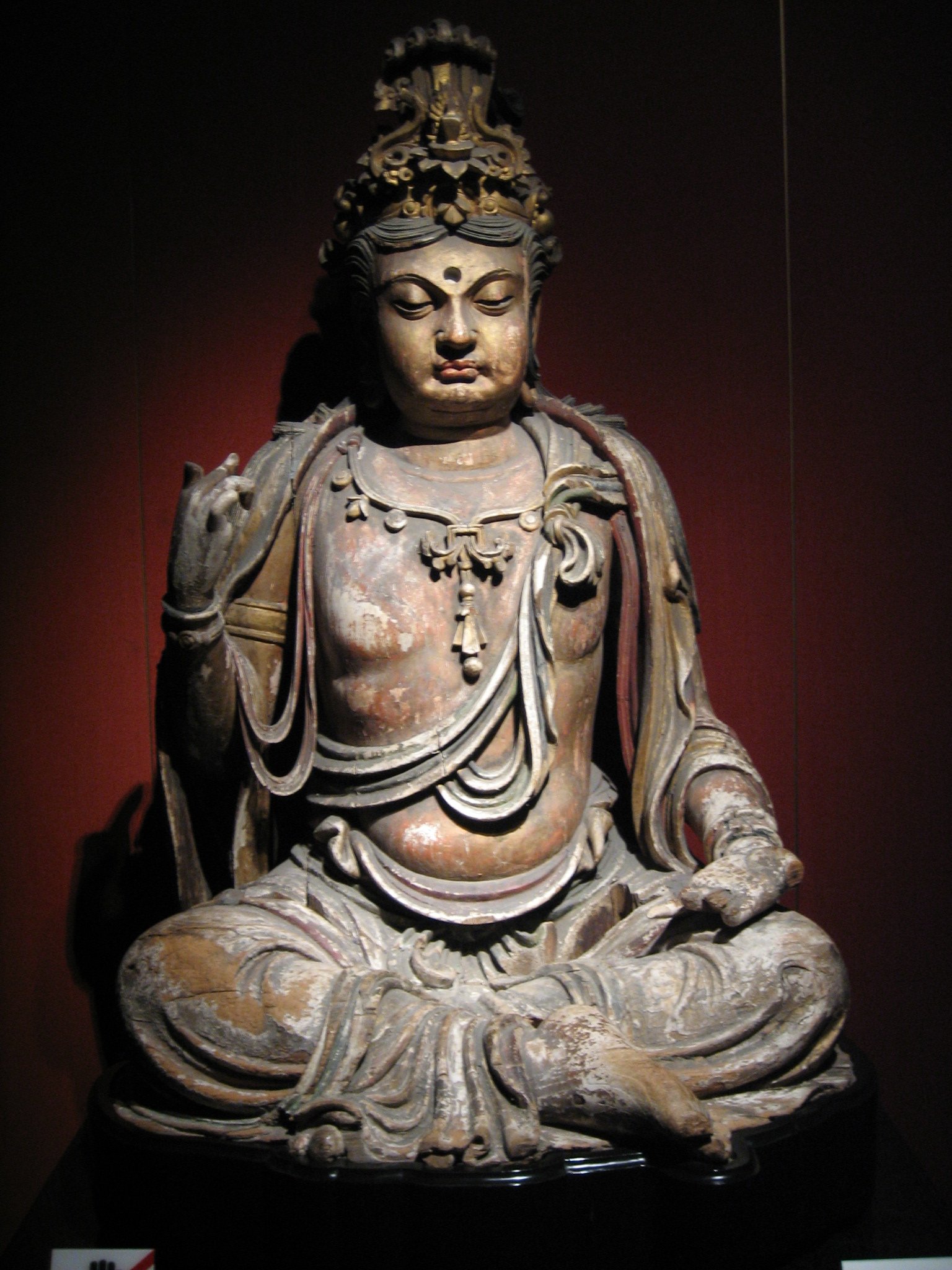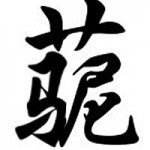|
Chun Ge
Chun Ge (), which means "Brother Chun" and is often translated as "Spring Brother", is a nickname for the singer Li Yuchun, which subsequently became a popular Chinese Internet meme. In her early years as a '' Super Girl'' star, Li is known for her androgynous appearance. The nickname literally translates to "Brother Chun" and is usually used in the popular catchphrase "chūn gē chún yémen ()", which means "Brother Chun is a real man". This catchphrase later evolved to a general phrase, "(person's name) is a real man". This catchphrase is used not only to mock androgynous women Li Yuchun, but also as an endorsement similar to saying someone can "hang with the boys". "Ye Men" (爷们) in Chinese is used in a way comparable to "bro" in the United States. 爷, meaning "grandfather", can also be read as "masculine" (young males in Northeast China use the slang term 爷 as a personal pronoun in an impolite context). "Chun" is Li Yuchun's first name. See also *Grass Mud Horse * ... [...More Info...] [...Related Items...] OR: [Wikipedia] [Google] [Baidu] |
Li Yuchun
Li Yuchun (; born March 10, 1984), also known by her stage name Chris Lee, is a Chinese singer, songwriter, DJ and actress. She launched her singing career by winning first place in the Chinese singing contest '' Super Girl'', in 2005. The following year, she released her debut album '' The Queen and the Dreams''. Referred to as the mother of the unisex look in China, she has achieved mainstream success. She is also known for her lower mezzo-soprano vocal range, a rarity amongst Mainland Chinese female singers. Life and career 1984–2005: Early years and career beginnings Li was born in Chengdu, Sichuan, China on March 10, 1984. Her father was a railroad police officer, while her mother was a teacher. After she finished her high school studies at Xindu No.1 Middle School, Li attended the Sichuan Conservatory of Music in 2002. In 2005, Li won the champion in the Chinese singing contest '' Super Girl''. 2005–2009: Taihe Rye Music In 2005, Li released a few singles, includin ... [...More Info...] [...Related Items...] OR: [Wikipedia] [Google] [Baidu] |
Internet Meme
An Internet meme, commonly known simply as a meme ( ), is an idea, behavior, style, or image that is spread via the Internet, often through social media platforms. What is considered a meme may vary across different communities on the Internet and is subject to change over time. Traditionally, the term mostly applied to images, concepts, or catchphrases, but it has since become broader and more multi-faceted, evolving to include more elaborate structures such as challenges, GIFs, videos, and viral sensations. The retronym derives from the earlier concept of a meme as any cultural idea, behavior or style that propagates through imitation. Internet memes are considered a part of Internet culture. They can spread from person to person via social networks, blogs, email, or news sources. Instant communication on the Internet facilitates word of mouth transmission, resulting in fads and sensations that tend to grow rapidly. For example, posting a photo of someone planking online b ... [...More Info...] [...Related Items...] OR: [Wikipedia] [Google] [Baidu] |
Super Girl (TV Series)
''Super Girl'' or ''Super Voice Girls'' (; literally: "Super Female Voice", as it is homonym with "Super girl") was a Chinese singing contest for female contestants, organized by Hunan Satellite Television between 2004 and 2006. The show's official name was ''Mengniu Yoghurt Super Girl Contest'' until 2009; later it was known as '' BBK Music Phone Super Girl Contest'', after the company that sponsored the series. It was generally described as the unofficial mainland Chinese version of the global television franchise ''Pop Idol'' (2001) and became one of the most popular entertainment shows in the country. Despite ''Super Girls major popularity and success, the show was heavily criticised by Liu Zhongde, a member of the Chinese People's Political Consultative Conference. He essentially claimed ''Super Girl'' was poison for the youth. The program was relaunched in 2009. The Chinese title was changed to ''Happy Girls'' () though the official English title remains unchanged as ''Sup ... [...More Info...] [...Related Items...] OR: [Wikipedia] [Google] [Baidu] |
Northeast China
Northeast China or Northeastern China () is a geographical region of China, which is often referred to as "Manchuria" or "Inner Manchuria" by surrounding countries and the West. It usually corresponds specifically to the three provinces east of the Greater Khingan Range, namely Liaoning, Jilin, and Heilongjiang, but historically is meant to also encompass the four easternmost prefectures of Inner Mongolia west of the Greater Khingan. The heartland of the region is the Northeast China Plain, the largest plain in China, with an area over . It is separated from Russian Far East to the north by the Amur, Argun, and Ussuri rivers; from Korea to the south by the Yalu and Tumen Rivers; and from Inner Mongolia to the west by the Greater Khingan and parts of the Xiliao River. Due to the shrinking of its once-powerful industrial sector and decline of its economic growth and population, the region is often referred to as China's Rust Belt. As a result, a campaign named Northeast Area Re ... [...More Info...] [...Related Items...] OR: [Wikipedia] [Google] [Baidu] |
Chinese Honorifics
Chinese honorifics () and honorific language are words, word constructs, and expressions in the Chinese language that convey self-deprecation, social respect, politeness, or deference. Once ubiquitously employed in ancient China, a large percent has fallen out of use in the contemporary Chinese lexicon. The promotion of vernacular Chinese during the New Culture Movement () of the 1910s and 1920s in China further hastened the demise of a large body of Chinese honorifics previously preserved in the vocabulary and grammar of Classical Chinese. Although Chinese honorifics have simplified to a large degree, contemporary Chinese still retains a sizable set of honorifics. Many of the classical constructs are also occasionally employed by contemporary speakers to convey formality, humility, politeness or respect. Usage of classical Chinese honorifics is also found frequently in contemporary Chinese literature and television or cinematic productions that are set in the historical periods. ... [...More Info...] [...Related Items...] OR: [Wikipedia] [Google] [Baidu] |
Personal Pronoun
Personal pronouns are pronouns that are associated primarily with a particular grammatical person – first person (as ''I''), second person (as ''you''), or third person (as ''he'', ''she'', ''it'', ''they''). Personal pronouns may also take different forms depending on number (usually singular or plural), grammatical or natural gender, case, and formality. The term "personal" is used here purely to signify the grammatical sense; personal pronouns are not limited to people and can also refer to animals and objects (as the English personal pronoun ''it'' usually does). The re-use in some languages of one personal pronoun to indicate a second personal pronoun with formality or social distance – commonly a second person plural to signify second person singular formal – is known as the T–V distinction, from the Latin pronouns and . Examples are the majestic plural in English and the use of in place of in French. For specific details of the personal pronouns used in the Eng ... [...More Info...] [...Related Items...] OR: [Wikipedia] [Google] [Baidu] |
Grass Mud Horse
The Grass Mud Horse or Cǎonímǎ () is a Chinese Internet meme based on a pun. Homophonic puns in Standard Chinese delight many Chinese people, and they have become an important component of Chinese culture. It is a word play on the Mandarin words '' cào nǐ mā'' (), literally, " fuck your mother", and is one of the 10 mythical creatures created in a hoax article on Baidu Baike in early 2009 whose names form obscene puns. It has become an Internet chat forum cult phenomenon in China and has garnered worldwide press attention, with videos, cartoons and merchandise of the animal (which is said to resemble the alpaca) having appeared. Etymology and species The ''Caonima'', literally "Grass Mud Horse", is supposedly a species of alpaca. The name is similar to a profanity (), which translates as " fuck your mother". The comparison with the "animal" name is not an actual homophone: the two terms have the same consonants and vowels with different tones, and are represented by dif ... [...More Info...] [...Related Items...] OR: [Wikipedia] [Google] [Baidu] |
River Crab (Internet Slang)
River crab () and harmonious/harmonize/harmonization () are Internet slang terms created by Chinese netizens in reference to the Internet censorship, or other kinds of censorship in Mainland China. In Mandarin Chinese, the word "river crab" (河蟹), which originally means Chinese mitten crab, sounds similar to "harmonious/harmonize/harmonization" () in the word "harmonious society" (和谐社会), ex-Chinese leader Hu Jintao's signature ideology. Terms The 2004 Chinese Communist Party announcement of the goal of constructing a "harmonious society" has been cited by the government of China as the reason for Internet censorship. As a result, Chinese netizens began to use the word "harmonious/harmonize/harmonization" (和谐) as a euphemism for censorship when the word for censorship itself was censored, particularly on BBSs. Following this, the word "harmonious" itself was censored, at which point Chinese netizens began to use the word for "river crab", a near homophone for "har ... [...More Info...] [...Related Items...] OR: [Wikipedia] [Google] [Baidu] |
Baidu 10 Mythical Creatures
The Baidu 10 Mythical Creatures (), alternatively Ten Baidu Deities, was initially a humorous hoax from the interactive encyclopedia Baidu Baike which became a popular and widespread Internet meme in China in early 2009. These hoaxes, ten in number, are regarded by Western media as a response to online censorship in China of profanity, and considered as an example of citizens' clever circumvention of censorship. Details Arising in early 2009, the meme initially began as a series of vandalised contributions to Baidu Baike, through the creation of humorous articles describing a series of fictional creatures, with each animal with names vaguely referring to Chinese profanities (utilizing homophones and characters using different tones). Eventually, images, videos (such as faux-documentaries) and even a song regarding aspects of the meme were released. It was thought that the Baidu hoaxes were written in response to recent strict enforcements of keyword filters in China, i ... [...More Info...] [...Related Items...] OR: [Wikipedia] [Google] [Baidu] |



